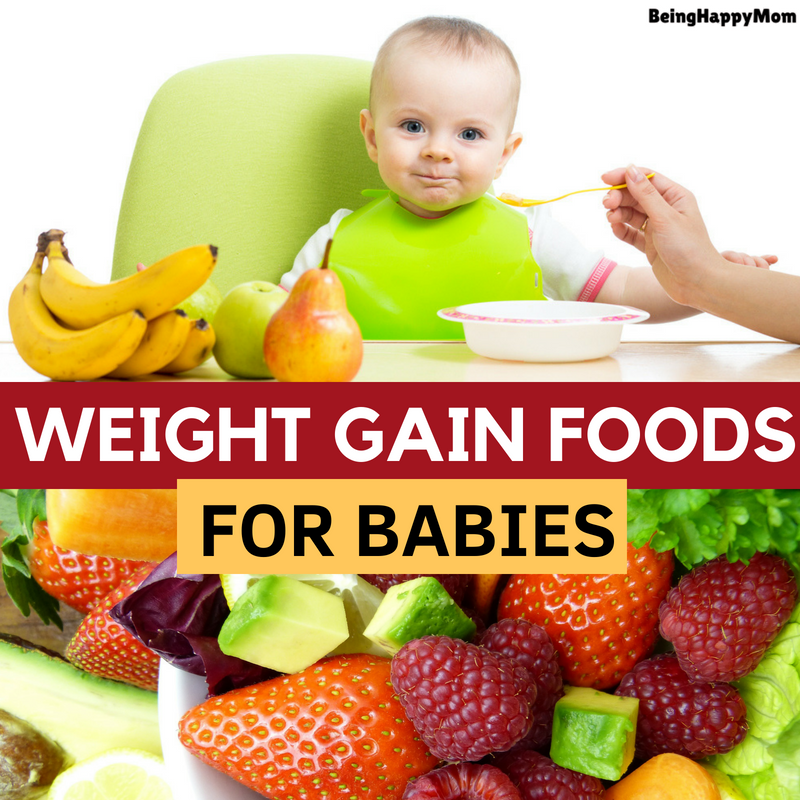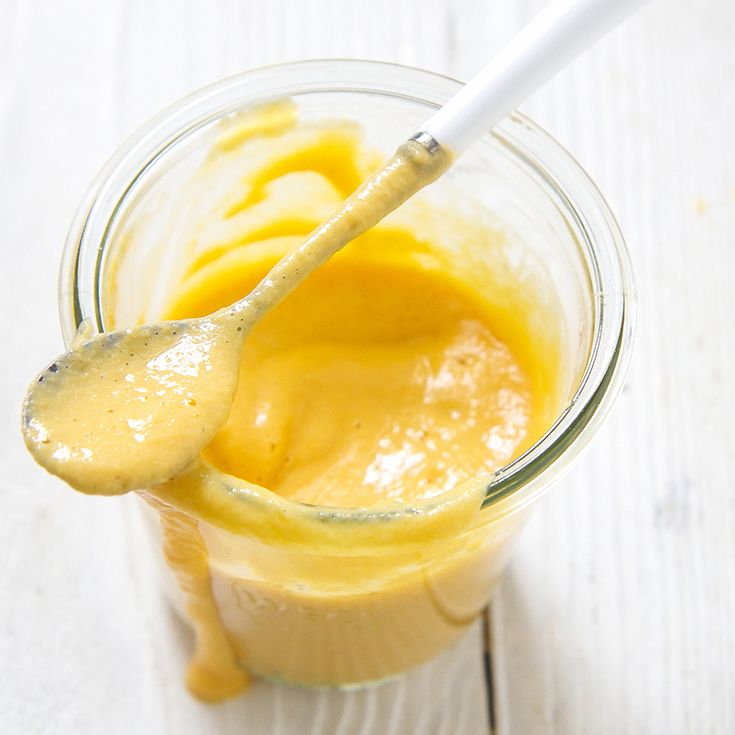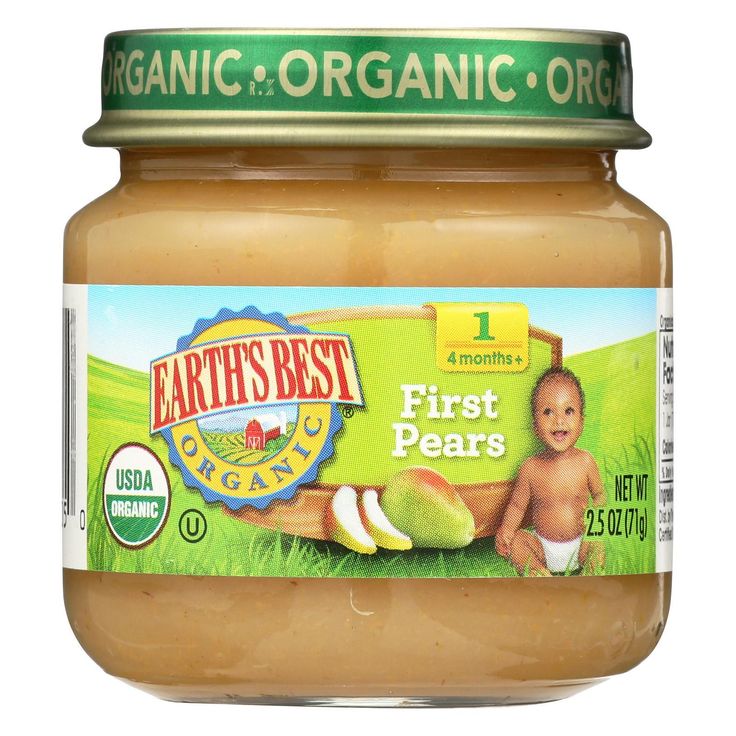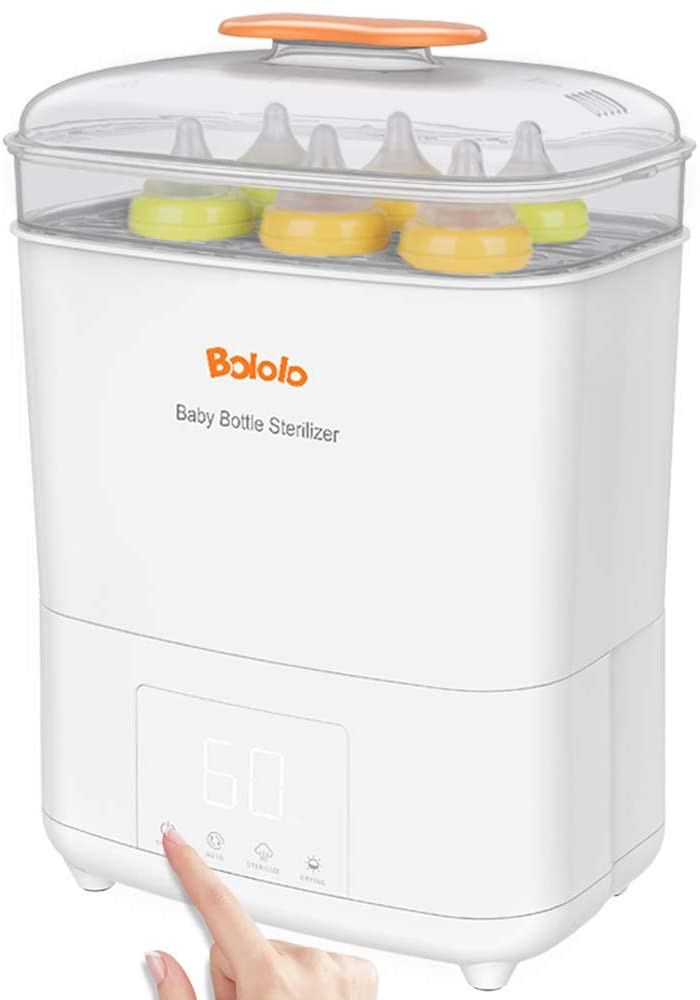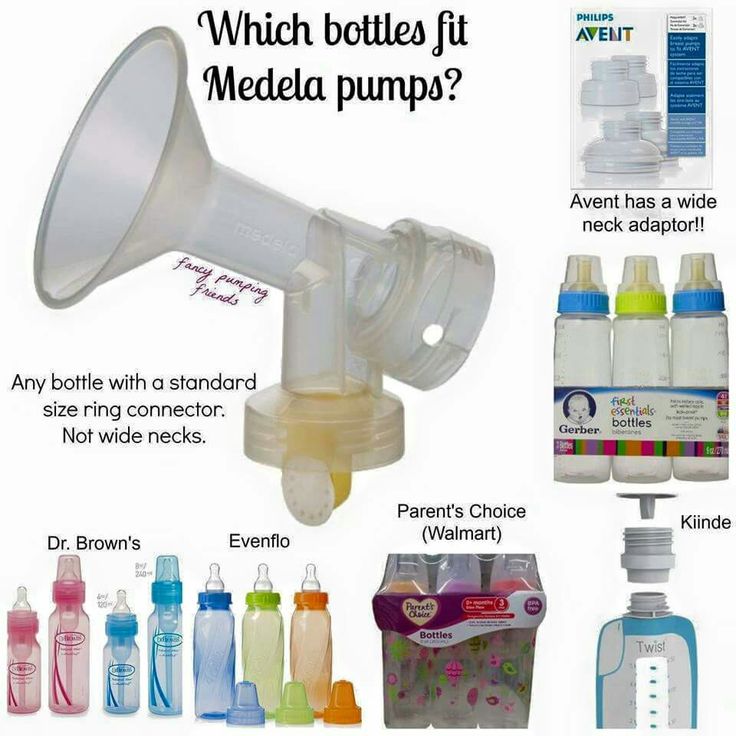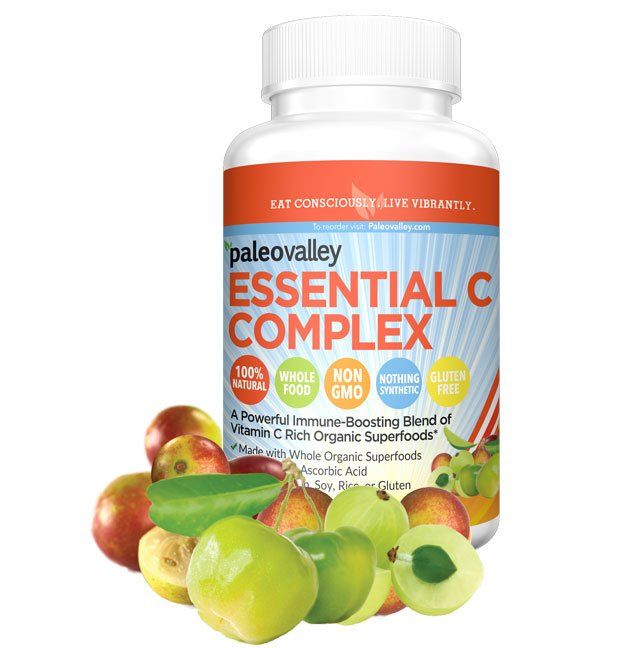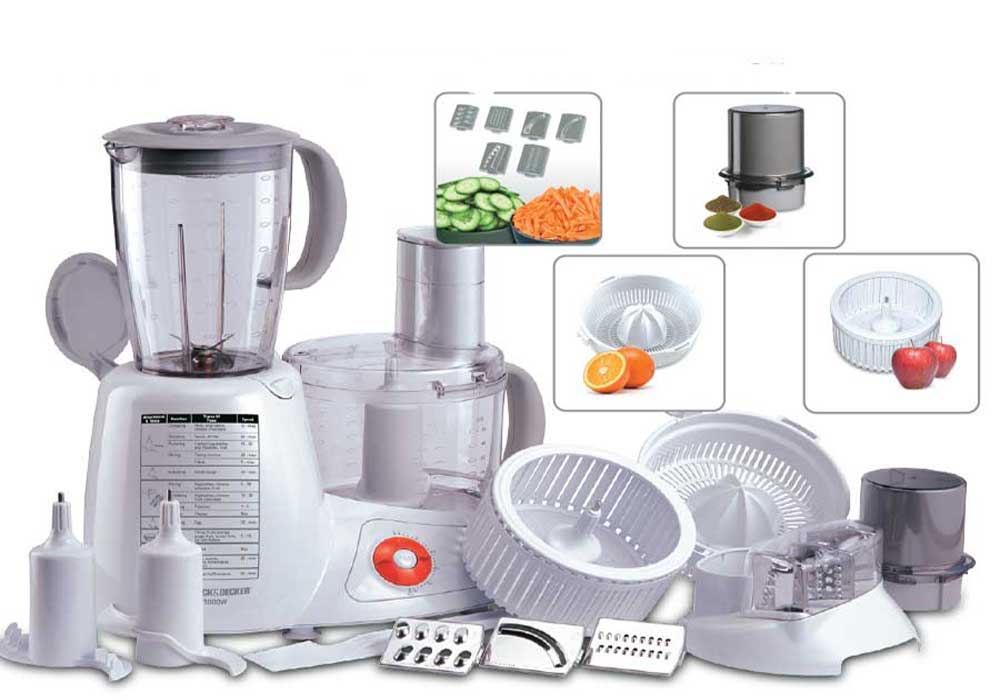Best weight gaining foods for babies
Best Weight Gain Foods for Babies and Toddlers
By Min On , Updated
This post may contain affiliate links. Please see our disclosure policy for more details.
Share or Save It for Later!
Here are the top foods to help your baby or toddler gain weight. All of these are high calorie whole foods that can be easily added to your child's food to make it more filling and delicious.
Jump to:- Does your child need to gain weight?
- Best Solid Foods for Babies to Gain Weight (6 months and up)
- Weight Gain Foods for one year old and beyond
- Nutrition Supplement for Weight Gain
- Tips for Adding High Calorie Foods
- High Calorie Baby Food Recipes (and for toddlers)
Does your child need to gain weight?
First, it's important to determine if your child is indeed underweight and in need of intervention.
There are so many factors that influence how your child grows, such as genetics (that's a HUGE one), nutrition, environment, and activity.
So when you find yourself comparing your child with how other babies are growing, please remind yourself that every child is unique. Healthy babies come in all shapes and sizes.
If your child is in the 10th percentile, this doesn't mean they're doing better or worse than your friend's child who is in the 70th percentile.
You can rest assured that your child is getting adequate nutrition and growing properly if they're maintaining a usual and predictable pattern of growth on the curve.
On the other hand, if you start to see flattening of the curve or dips, or your child seems to always be hungry, these high-calorie, high-fat foods will help them with healthy weight gain.
Top Foods for 8 Month Old
Best Solid Foods for Babies to Gain Weight (6 months and up)
- Breast milk and/or Infant Formula
- Avocado
- Banana
- Beans
- Beef
- Butter *
- Chicken thighs or drumsticks
- Coconut
- Eggs *
- Full-fat Dairy products * (whole milk, cheese, yogurt, cream cheese, sour cream, cottage cheese, etc.
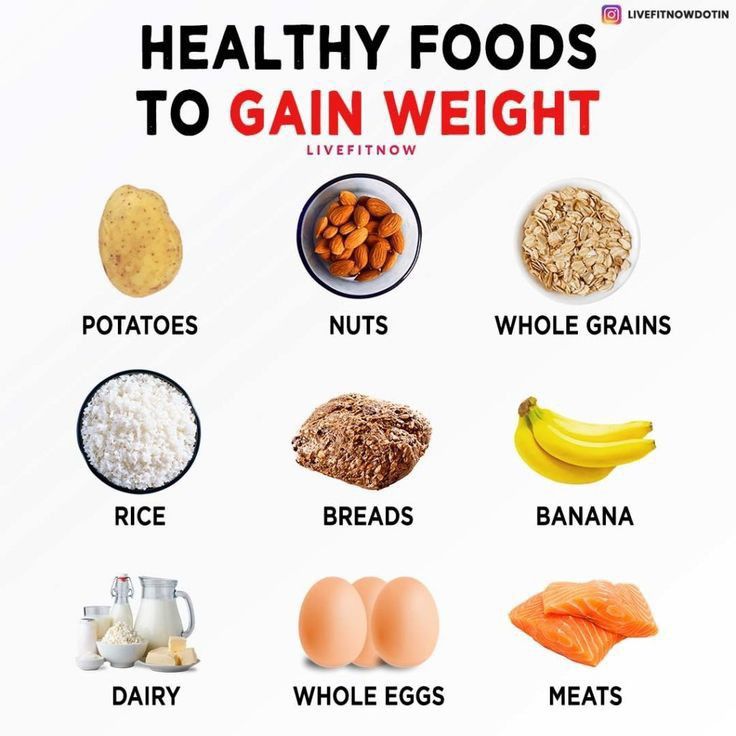 )
) - Lentils
- Peanut Butter *
- Nuts *
- Nut or Seed Butter * (e.g. almond, cashew, pumpkin seed, sunflower seed)
- Oils (avocado, olive oil, sesame oil *)
- Potatoes (both white and sweet potato)
- Whole grains, like Quinoa
- Salmon *
- Sardines *
- Seeds (hemp, chia, sesame, pumpkin, or flax seeds *)
Note: Foods with * by them are one of the top allergens. When first introducing, be sure to serve a tiny amount.
Weight Gain Foods for one year old and beyond
Continue serving all of the foods listed above. However, you may find that it's becoming more challenging to feed your toddler who seems to be showing less interest in eating and displaying picky eating tendencies.
Be sure to read my top foods for 1 year old post to better understand and help navigate through this tricky feeding phase.
My top tips for feeding your underweight child is:
- Make every effort to include high-calorie, high-fat foods as much as possible
- You might be tempted to offer high calorie foods, like ice cream, soft drinks, juice, pizza, milkshakes, etc.
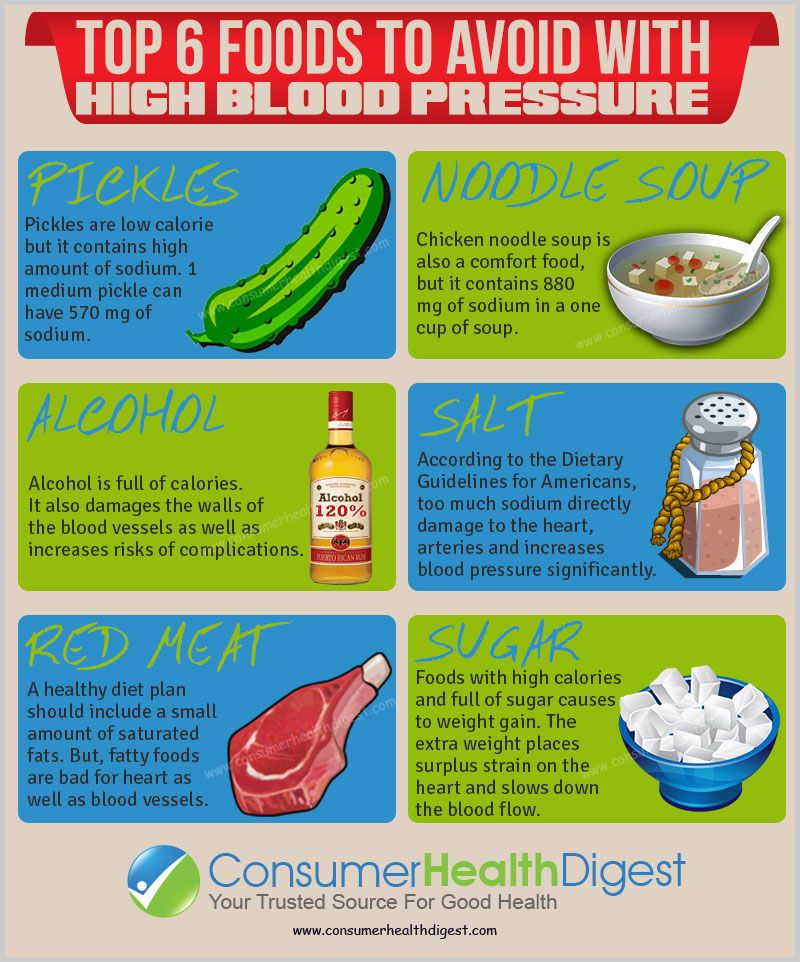 And while it might add a few pounds to your child, those foods will not provide the nutrients they need for healthy growth.
And while it might add a few pounds to your child, those foods will not provide the nutrients they need for healthy growth. - Instead, focus on serving nutritious meals with essential nutrients. You want to add extra calories not empty calories.
- Feed them every 2-3 hours.
- If your child doesn't eat much during mealtimes, you may consider providing up to 3 snacks, including a bedtime snack for additional calories.
- Consider snacks as mini-meals so your child gets up to 6 eating opportunities to consume adequate calories and nutrition.
- Don't pressure them to eat - it will only backfire and can actually shut down their appetite.
Here are some specific tips on how to help your underweight child.
Nutrition Supplement for Weight Gain
Many families turn to these as they are a convenient way to boost calories and nutrients to support weight gain. My personal recommendation is to focus on food first.
However, if your child is really struggling, then talk to a dietitian or health care provider to find the type that is most appropriate for your child.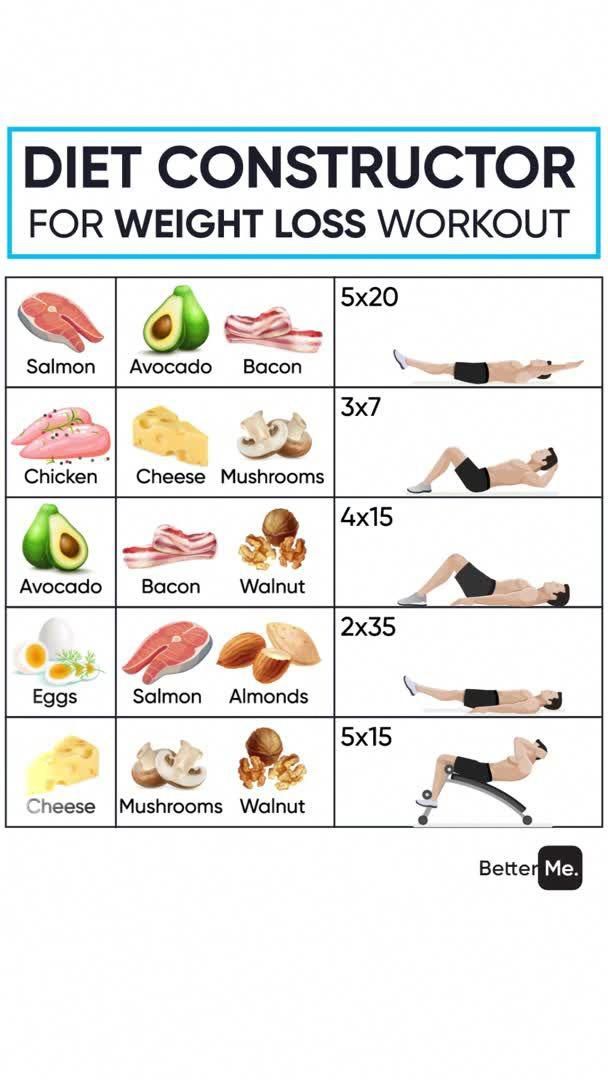
Tips for Adding High Calorie Foods
Babies and toddlers have small tummies so it's important to try to make every bite count with healthy fats and important nutrients.
But this doesn't mean you have to spend all of your hours and energy in the kitchen.
Here are some super easy ways to help your baby gain weight.
- Yogurt with
- hemp seeds and banana
- mashed avocado and chia seeds
- peanut butter and cooked quinoa
- flaked salmon or sardines
- Toast with
- mashed beans and tahini
- almond butter, banana, and unsweetened coconut flakes
- mashed avocado and hemp seeds
- Oatmeal or lentils with
- hummus
- mashed avocado and beans
- eggs and sweet potatoes
- Mashed potatoes or sweet potatoes
- with butter and cheese
- with minced chicken or beef and yogurt
- added as a quesadilla filling with cheese
- Eggs
- fried in olive oil
- scrambled in butter with quinoa
- scrambled egg avocado sandwich
- Smoothies with avocado, peanut/nut butter, seeds, milk, or yogurt
- Cook vegetables in extra oil, butter, tahini, etc.
 You can also serve them with high-calorie dips like nut butters, yogurt, guacamole, bean dips, etc.
You can also serve them with high-calorie dips like nut butters, yogurt, guacamole, bean dips, etc.
High Calorie Baby Food Recipes (and for toddlers)
In addition to the simple ideas above, here are some actual recipes that can help your child gain weight while learning to enjoy a wide variety of flavors and textures.
Breakfast
Single Serve Chia Puddings for Babies and Kids
Single serve chia seed pudding for babies 6 months and up is the perfect make ahead breakfast or snack that you can whip up in under 5 minutes!
Get the recipe
Healthy Sweet Potato Cookies
These super moist sweet potato cakes made with just 5 simple ingredients, including chickpeas, oats, and chia seeds, are perfect for babies and toddlers.
Get the recipe
Peach Banana Smoothie
Creamy and perfectly sweet, this 5-minute, high-protein peach banana smoothie is the perfect breakfast or snack for the whole family!
Get the recipe
Banana Overnight Oats
These banana overnight oats are a perfect make ahead breakfast or snack option for babies, kids, and adults alike!
Get the recipe
Peanut Butter Chickpea Cookies
Made without flour and sugar, these peanut butter chickpea cookies are so easy to make with just 5 ingredients.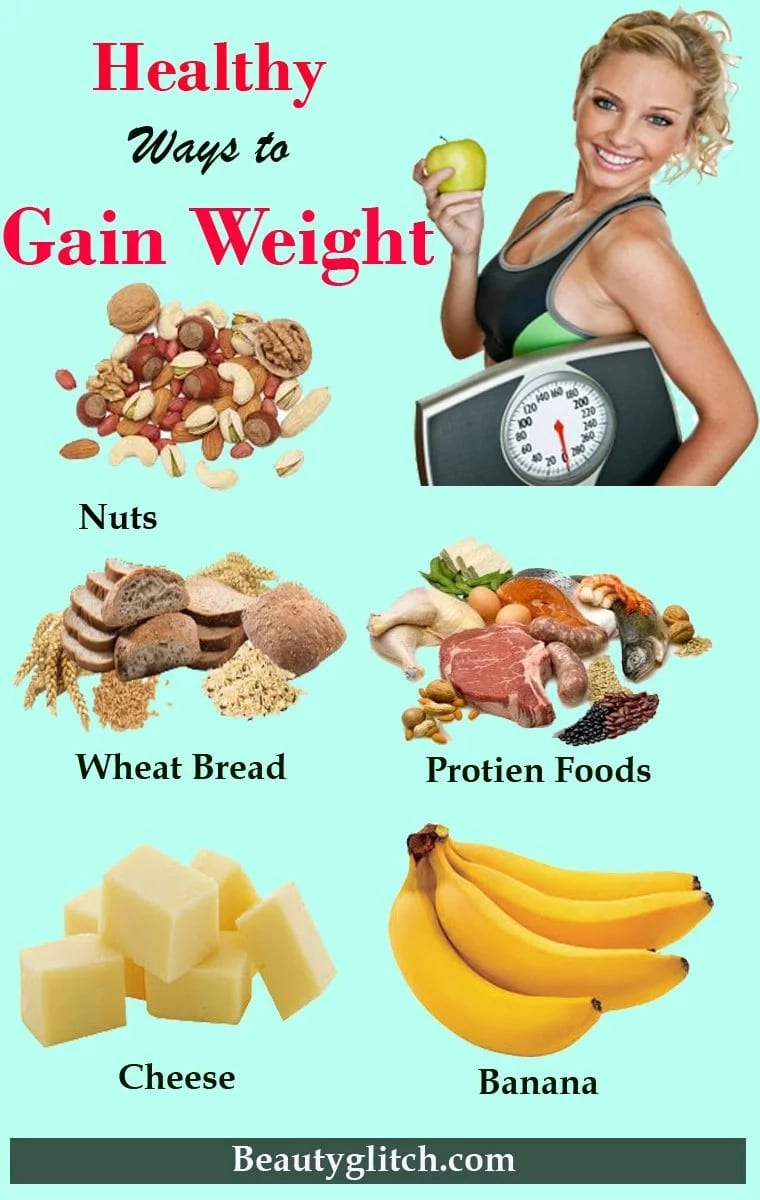
Get the recipe
Healthy Yogurt Muffins
Light, fluffy, and incredibly moist, these whole wheat greek yogurt muffins are made with just a handful of ingredients and can be flavored in so many ways!
Get the recipe
Banana Peanut Butter Sandwich
Invite fun and variety into the classic banana peanut butter sandwich by grilling and adding unexpected but delicious ingredients that kids and adults will enjoy!
Get the recipe
Green Smoothies for kids
These healthy green smoothies for toddlers and kids are super easy to make and can be enjoyed as a quick breakfast or snack.
Get the recipe
Peanut Butter Cheerio Cereal Bars
These no-bake peanut butter cheerio bars are so easy to make with pantry ingredients! They are the perfect breakfast or snack for kids.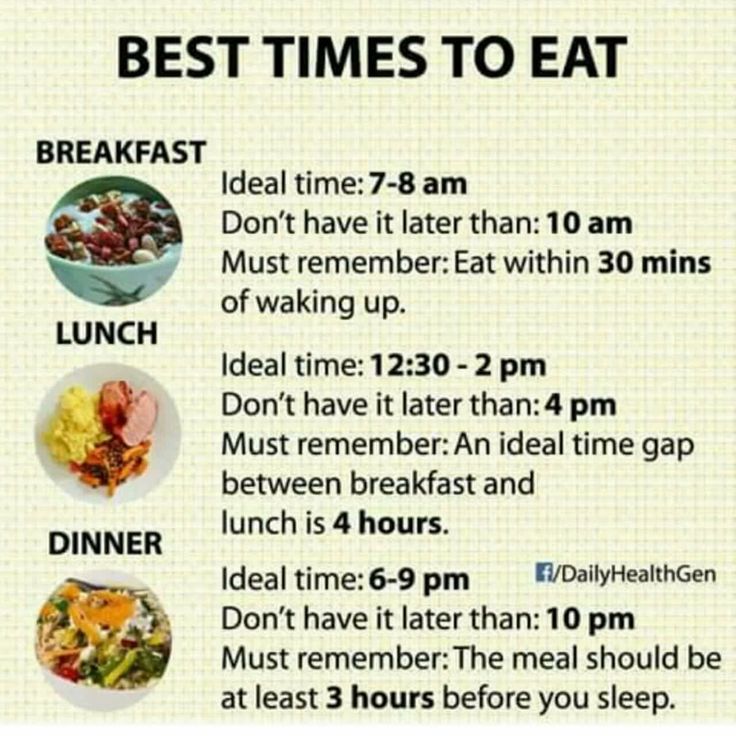
Get the recipe
Greek Yogurt Smoothie
Here's how to make any protein-packed Greek yogurt smoothie! With just the perfect amount of sweetness and creaminess, you can enjoy this thick smoothie for breakfast or as a quick snack any time of day.
Get the recipe
Vegetable Omelette
Nutritious and easy to make, this baby-friendly omelette made with whatever veggies you have on hand is the perfect breakfast/snack for babies and toddlers!
Get the recipe
Healthy Banana Recipes for Babies and Kids
Transform plain ol' banana with these super fun and easy breakfast or snack ideas that you can make with your child!
Get the recipe
Healthy Zucchini Oatmeal Breakfast Cookies
These zucchini oatmeal cookies are so easy to make with wholesome, minimal ingredients and no added sugar!
Get the recipe
Avocado banana smoothie
Creamy and filling, this avocado banana smoothie is so simple yet incredibly satisfying. Enjoy as a quick breakfast or energizing snack.
Enjoy as a quick breakfast or energizing snack.
Get the recipe
Carrot Cake Oatmeal Smoothie Bowl
Loaded with nutrition, this carrot oatmeal smoothie bowl is the perfect veggie smoothie (but thicker!) for babies, kids, and adults!
Get the recipe
Vegetable Waffles with Peanut Butter
EASY to make, healthy peanut butter vegetable waffles for babies and kids! A great way to enjoy more protein, fat, and veggies for breakfast.
Get the recipe
Lunch
Vegan vegetable quinoa muffins
Made with healthy ingredients like broccoli, carrots, and quinoa, these egg and dairy-free vegetable muffins with quinoa are perfect for baby led weaning and school lunchboxes.
Get the recipe
Chickpea Patties (gluten free)
These flavorful chickpea patties with quinoa are easy to make with simple pantry staples.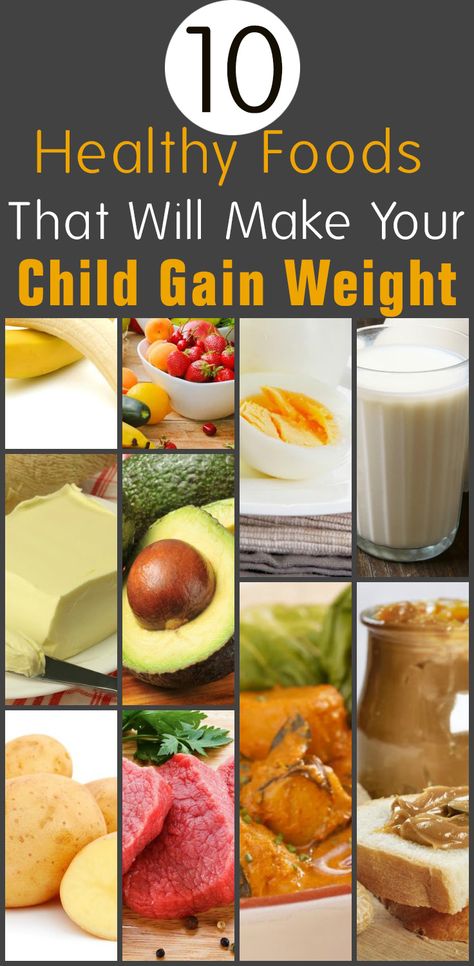 Shape them into patties or even nuggets
Shape them into patties or even nuggets
Get the recipe
Scrambled Egg Sandwich
Making a scrambled egg sandwich isn't hard. But here are some simple tips to take this iconic breakfast to the next level!
Get the recipe
Chicken pesto flatbread pizza
This pesto flatbread pizza is the perfect busy weekday meal! It can be on the table in under 20 minutes with minimal effort and ingredients.
Get the recipe
Omelette Pizza
Pizza eggs - your favorite pizza toppings, flavorful sauce, protein-rich eggs, and cheese all cooked to perfection in one pan. Enjoy for breakfast or any time of the day!
Get the recipe
Hummus Grilled Cheese
10 minutes is all you need to whip up this exciting twist on a kid favorite lunch - grilled cheese.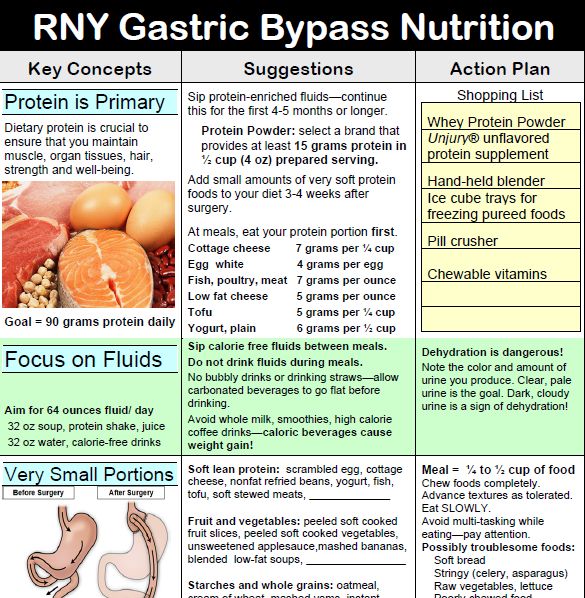 The simple addition of hummus will amp up flavor and nutrition.
The simple addition of hummus will amp up flavor and nutrition.
Get the recipe
Easy Salmon Bean Salad
This mayo-free, refreshing yet hearty salmon bean salad couldn’t be easier to make! You can serve with crackers, vegetables, bread, salad, cheese, or whatever you fancy!
Get the recipe
Curry Chicken Avocado Salad
EASY, healthy curry chicken salad with avocado and vegetables for babies, kids, and adults! It's high in protein and perfect for a quick lunch at home and school lunchboxes.
Get the recipe
Healthy Beef Meatballs
These healthy beef meatballs are made with just 5 simple ingredients and are egg free and dairy free. Tender and flavorful, these are perfect for babies and kids of all ages!
Get the recipe
Mini Shepherd's Pie Muffins
A quick and easy, baby and kid-friendly twist on an Irish classic comfort food, these mini shepherd pie muffins are filled with beef, vegetables and topped with creamy mashed potatoes
Get the recipe
Dips
Zucchini Pesto with Almonds
Upgrade pasta with this simple and healthy zucchini pesto.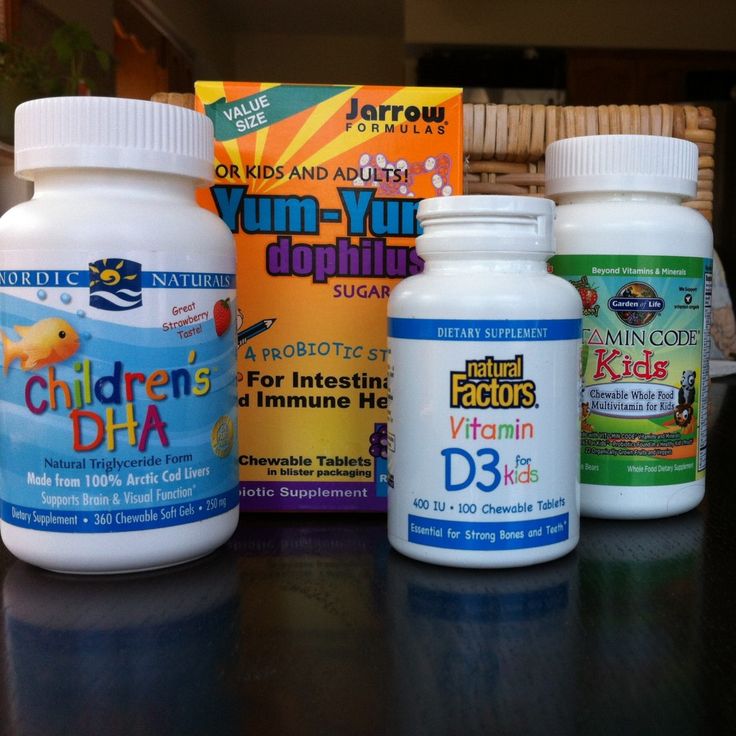 It is light and creamy and can be ready in 15 minutes!
It is light and creamy and can be ready in 15 minutes!
Get the recipe
Beetroot Pesto Pasta Sauce
Made with simple, wholesome ingredients, this beetroot pesto comes together in minutes and makes for the perfect pasta sauce for babies, kids, and adults!
Get the recipe
Broccoli Hummus Dip
If your child won't eat broccoli or you've been looking for different ways to serve it, give this hummus a try! It's also a great way to pack in a lot of nutrition for babies and kids.
Get the recipe
Pumpkin Seed Spinach Hummus
this spinach hummus with pumpkin seeds instead of tahini is a healthy snack or meal for babies and toddlers. It is so versatile and here are some ways to serve it to your family.
Get the recipe
3 Ingredient Thai Peanut Coconut Sauce
Made with just 3 ingredients, this Thai peanut sauce with curry paste and coconut milk is a great way to introduce spicy flavor to babies and kids.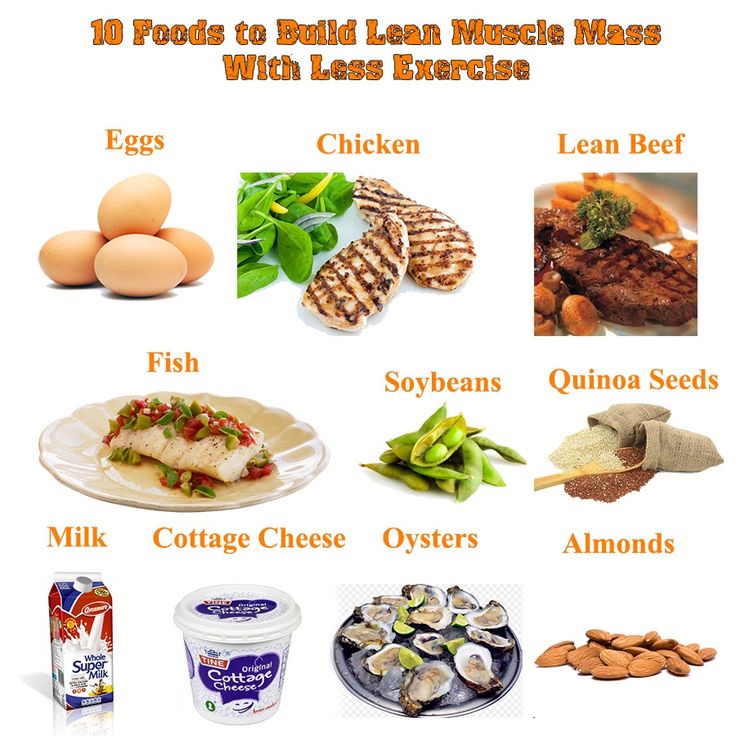
Get the recipe
Creamy Roasted Cauliflower Dip
This creamy roasted cauliflower dip made with an ENTIRE head of cauliflower, tahini, and milk is super simple to make, delicious, and versatile. It will be an AWESOME way to make veggies exciting for kids!
Get the recipe
Beetroot Dip with chickpeas
4 nutritious ingredients, a food processor/blender, and dippers are all you need for this smooth, creamy, and vibrant beetroot dip for babies and toddlers!
Get the recipe
Dinner
Easy Bolognese with Vegetables
This kid-friendly veggie-loaded meat sauce with ground beef and medley of vegetables is hearty, filling, and nutritious!
Get the recipe
Instant Pot Peanut Chicken and Broccoli
Another EASY, 30 minute weeknight meal you can enjoy with your baby and kids! This Instant pot chicken and broccoli is also a great way to continue exposing your child to one of the top food allergens, peanuts.
Get the recipe
Creamy Broccoli Pasta
In need of an easy weeknight dinner? 15 minutes is all it takes to make this healthy one pot creamy broccoli pasta
Get the recipe
No stir Quinoa Risotto with Mushrooms
This 30 minute mushroom quinotto or quinoa risotto is much easier to make compared to traditional risotto and requires zero stirring!
Get the recipe
Vegetarian Sweet Potato Lasagna with Quinoa
This vegetarian sweet potato lasagna with quinoa requires no boiling of noodles and assembly couldn't be easier!
Get the recipe
Thai Red Curry Pasta
20 minutes and a handful of pantry items are all you need to whip up this super easy vegetarian Thai red curry pasta with vegetables.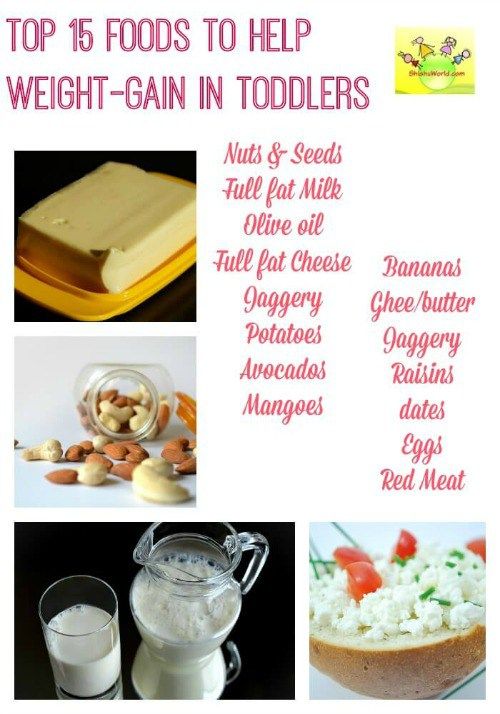
Get the recipe
Pizza Casserole with Couscous
this pizza casserole is not only quick and easy to make but also nutritious, with ingredients like chicken, whole wheat couscous, and spinach!
Get the recipe
Beef Stuffed Shells with Veggies
These stuffed shells with ground beef and vegetables are a hearty make ahead dinner or freezer meal for the whole family to enjoy!
Get the recipe
Vegan African Peanut Stew
This vegan African peanut stew is rich and flavorful and uses staple pantry ingredients. Made in one pot, requires minimal prep work, loaded with nutrition - It's an easy family meal!
Get the recipe
Chicken Spinach Quinoa Casserole
A baby and kid-friendly comfort meal you don't want to miss! This chicken spinach quinoa casserole with black beans is super easy to make and loaded with iron and protein.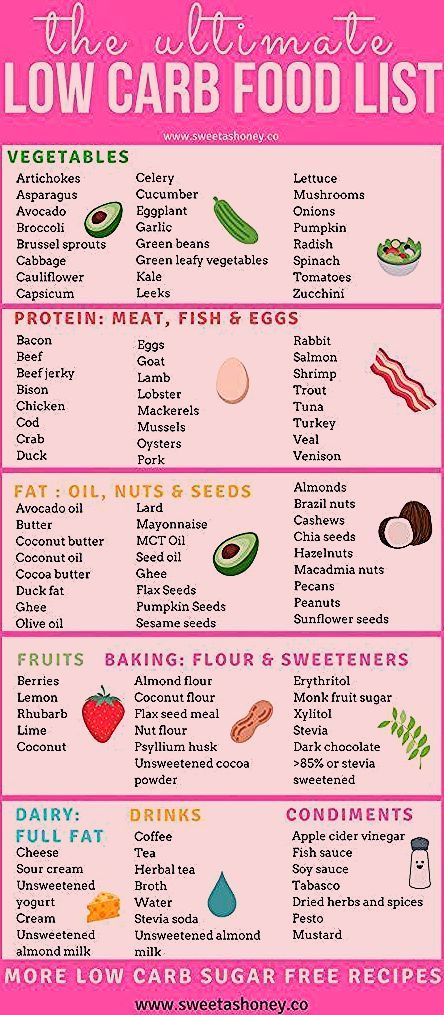
Get the recipe
Low Sodium Baked Spaghetti Pie
Baked spaghetti pie with ricotta that's healthy and easy to whip up. It's the perfect comfort food recipe for the entire family!
Get the recipe
Instant Pot Korean Chicken and Potatoes
If you're in need of a quick and easy weeknight family meal, here's an Instant Pot Korean chicken and potatoes recipe that everyone, including babies, will enjoy!
Get the recipe
Do you want to minimize picky eating and set a solid foundation for a lifetime of healthy eating habits?
Check out this 3 month mastering self-feeding program! It’s the closest thing to me being in your kitchen
More Baby and Toddler Feeding Tips
Share or Save It for Later!
Share: [addtoany]
About Min
Thank you so much for stopping by! I am Min, a Registered Dietitian, a Christ follower, a wife, and a mom to our two miracle babies! Currently, I’m having a ton of fun feeding their tummies and sharing our baby led weaning journey! Follow me on Instagram if interested in seeing daily menu as well as tips and tricks.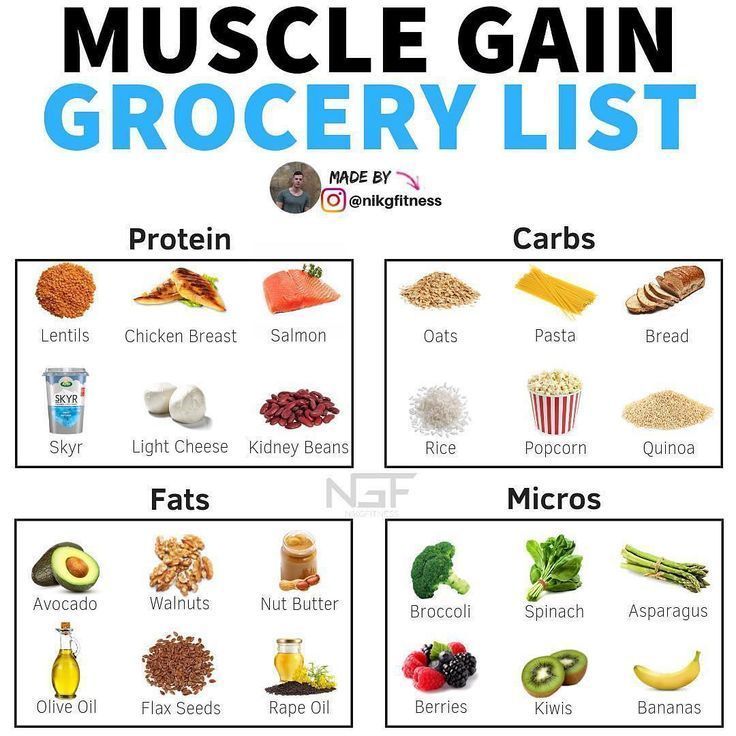
Reader Interactions
Best foods for weight gain in babies & toddlers (0 to 3 years)
This post has been updated with a new list of weight gaining recipes at the end of this post for toddlers – above 1 year old. Many readers have been asking for suggestions on best foods for weight gain in babies & toddlers. I have shared the tips that one can follow. If you are a new reader to this blog and have reached here looking for weight gaining foods or recipes for your little heart, please read this food chart for babies above 8 months.
I suggest following the recipes on the post as well for a good weight gain. I would also suggest to read the comments before posting your query here as similar queries may have been answered in the comment section below.
If you are looking for a food chart for baby around 6 months, you can refer this post on solids for 6 months baby.
Best foods for weight gain in babies & toddlers (0 months to 3 years)
1.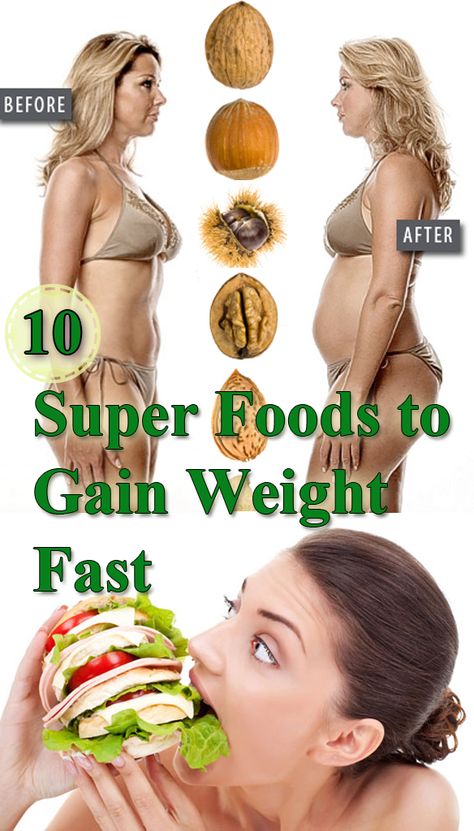 Breast milk is one of the best foods for babies under 6 months to gain weight. Since mother’s milk is more nutritious than any other foods, it is good to exclusively breastfeed babies for the first 6 months.
Breast milk is one of the best foods for babies under 6 months to gain weight. Since mother’s milk is more nutritious than any other foods, it is good to exclusively breastfeed babies for the first 6 months.
If a baby is breast fed, mum needs to eat more nutritious foods to have enough milk supply and to increase the quality of milk.
To increase the milk supply in lactating mothers’ foods like milk, lentils (DAL), garlic, flax seeds (alasi in hindi or avise ginjalu in telugu), chickpeas (chana), almonds, whole grains, methi leaves, methi seeds, dill leaves (sabbasige soppu in kannada), fennel seeds (saunf), cumin (jeera) have been proved to be beneficial. One needs to include these in their diet moderately.
At least 2 protein rich meals and a breakfast should be included in the diet of a lactating mother. For vegetarians lentils / dal is a best protein rich food.
Chickpeas can be enjoyed by mums having babies older than 3 months. If using they need to be soaked overnight, soft cooked with turmeric and other Indian spices to prevent vata dosha.
Traditionally gond ke laddu, dry fruits ladoos and copra ladoos were eaten by lactating mothers to improve the quantity and quality of breast milk. Here are some protein rich ladoos which you can try after consulting your elders.
Gond ke laddu
Dry fruits ladoo
Copra ladoo (or dried coconut ladoo)
Here is a simple homemade powder for increasing milk supply in lactating mothers. Dry roast equal quantities of cumin and fennel seeds till they turn aromatic. Cool them and grind to powder.
Mix ½ tsp powder in ½ tsp warm ghee and consume 30 minutes before food 2 to 3 times a day. Desi ghee works best. This can be consumed for 2 weeks, followed by a break for 4 to 5 days and then repeat the cycle.
This also helps to reduce colic in breastfed babies. A small portion of ajwain/ carom seeds can also be included.
2. There is also a wide population of women who are unable to breast fed due to medical or professional reasons, yet their babies tend to grow well in terms of height and weight.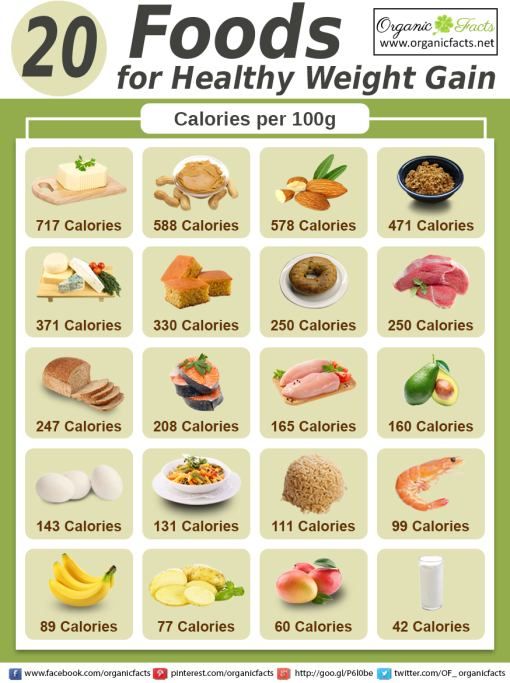 For babies who are not breast fed, Formula milk has been proved to be of great help.
For babies who are not breast fed, Formula milk has been proved to be of great help.
If your baby is over 6 months and you intend to stop breastfeeding, then choose a good formula milk with the help of your pediatrician. Formula milk is mostly balanced and has adequate nutrition which may not be available in dairy milk.
Formula milk helps to gain good weight in most babies, but one needs to be patient in trying out what works best for your baby. Many women express that formula milk is not good and hence should choose dairy milk.
Both have their own pros and cons. In the recent years, cows raised in farms are not grass-fed and are mostly on hormones either in their feed or injected to produce more milk. So it may be more unsafe than the formula milk.
A thorough research is conducted before any formula milk is sold in the market. So as a mother, you are the right person to choose between cow’s milk vs formula milk.
For babies above 12 months, fresh dairy milk can be used.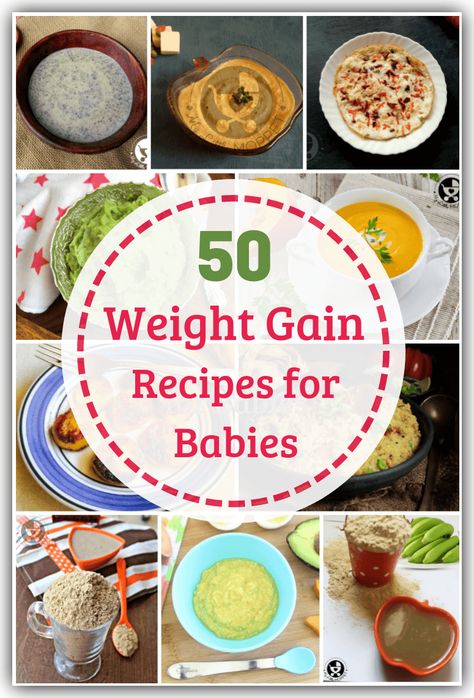 Do not use milk that comes in tetra packs for babies and toddlers.
Do not use milk that comes in tetra packs for babies and toddlers.
3. Foods like potato, pumpkin, sweet potato, dal, ghee, ragi, almonds, yogurt, eggs and milk help the baby to gain weight. Please take a pediatricians’ suggestion before you start any of these foods. As always follow a 3 day test rule.
How to make mashed potato for baby ?
Always choose hard potatoes that do not have any sprouts grown over them. Sprouted or soft potatoes are not healthy to use.
Wash and peel off the skin of the potato. Cook potato in excess water either in pressure cooker or a rice cooker steam basket or in a pot. It should be soft cooked.
While it is still hot, take it to a feeding bowl and mash it to soft. Add the potato stock that was left after cooking to make smooth puree. using a small steel glass you can easily mash it.
Add a pinch of ajwain and ghee and serve it warm. The same way you can also make mashed sweet potato for baby.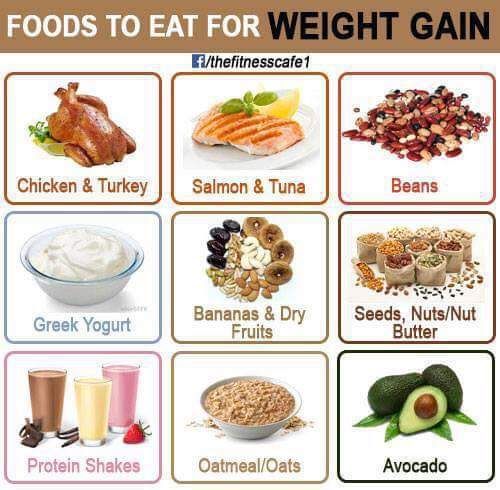 Best time to serve these is for breakfast or lunch.
Best time to serve these is for breakfast or lunch.
It can also be cooked along with rice to make a rice potato khichdi. You can find the recipe of sweet potato here (new post)
How much potato or sweet potato for baby?
7 months baby – 1 tbsp 2 to 3 times a week
8 to 10 months – 2 tbsp. 2 to 3 times a week
10 to 12 months – 3 to 4 tbsp. 2 to 3 times a week
toddlers- use your judgement . Can be served 5 times a week to daily.
Serve potato or sweet potato at least 2 to 3 times a week with little ajwain powder and ghee. Avoid when baby has tummy upset, colic or spit ups.
Moong dal and urad dal help a lot to gain weight in babies & toddlers. Urad dal is a power house of nutrients, high in calcium and protein and also EFA , essential fatty acids that help to develop the brain. So Idli is a very healthy food for babies.
Using urad dal make idli and serve with mild rasam or dal ka pani and ghee.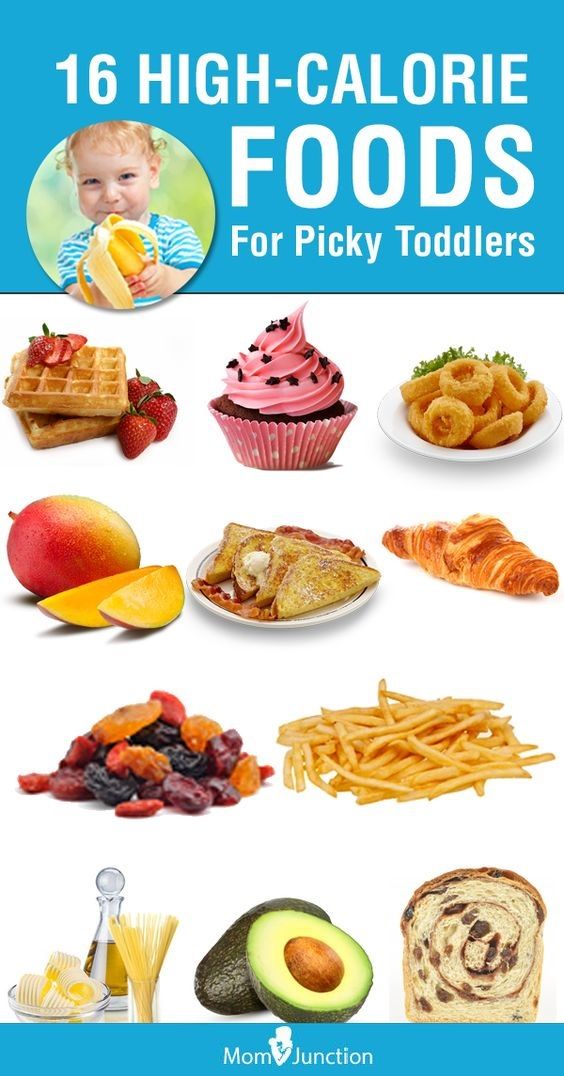 This can be fed daily. You can find the recipe of soft idli here and a rasam recipe for babies here.
This can be fed daily. You can find the recipe of soft idli here and a rasam recipe for babies here.
Include dal preferably moong dal or tuvar dal in lunch or breakfast every day. Do not mix dal with yogurt or milk. Just a simple vegetable dal rice khichdi works great for babies in gaining weight.
If your baby tends to get bored, change the vegetables used in the khichdi to give a different taste. You can find the recipe of dal khichdi here
Ragi porridge also helps to gain weight, it also strengthens the bones, teeth and helps for the overall development. Here is a complete post on how to introduce ragi to babies and how to make sprouted ragi flour for babies.
Yogurt and homemade paneer are also a good choice for babies over 8 months to gain weight. Serve yogurt alone or with brown rice and white rice in equal quantities.
I always used to make one cup curd separately for both my babies since it is not recommended to serve cold yogurt from the refrigerator. Also avoid serving in the evening or night.
Also avoid serving in the evening or night.
how much yogurt/ curd to serve for babies ?
2 tbsp homemade unsweetened yogurt/ curd can be fed to 8 to 10 months baby, 2 to 3 times a week (avoid during winters)
4 tbsp can be fed to a 10 to 12 months baby. 3 to 4 times a week (avoid during winters)
Eggs also help babies to gain weight. Prefer boiled eggs instead of scrambled eggs. There is a loss of nutrition in scrambled eggs especially the protein content.
you can find the recipe of homemade curd here.
How to feed egg to baby ?
Make a hard boiled egg. Remove the yolk and take small portion of it and mash it with a pinch of cumin powder, add very little water and mash the egg to blend it well with water. It should become a smooth paste.
how much egg for 7 months old baby ?
For a 7 months baby – Start feeding a tsp of the above said mashed egg yolk. It can be served 2 times a week.
For 8 months baby – a tbsp and then increase the quantity.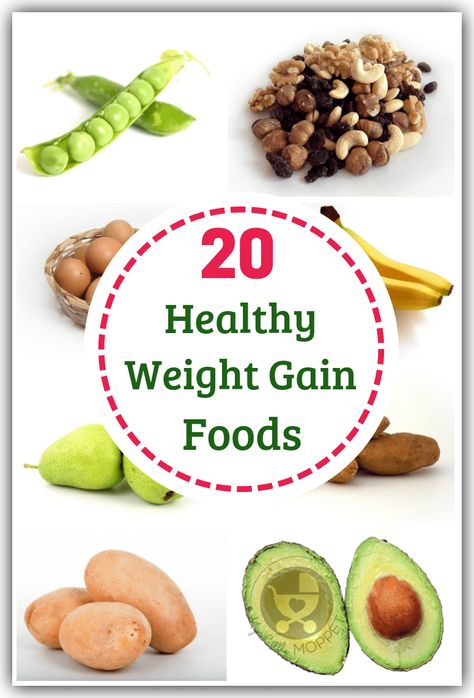
For 10 months baby – by the end of 12 months a baby can eat the entire mashed yolk.
Include banana, papaya, apple, pear and chikoo (sapota). Serve banana at least 4 to 5 times a week. We give the small variety banana to babies. Avoid it when baby has cold and phlegm.
Serve a warm apple sauce or apple oats when the baby has cold and congestion. Banana helps to gain weight and most fruits helps to digest foods better since they contain natural digestive enzymes.
The nutrients from other foods are better absorbed by the body when a good amount of fruits are consumed (the right way).
Follow the rule, of feeding fruit alone without mixing with other foods at least once a day. Strictly do not serve fruits and milk together.
4. Ghee also helps to gain weight – How much ghee to serve for babies and toddlers ?
Start with only few drops a day when you introduce ghee to your baby. Try using organic and grassfed or desi ghee. Desi ghee can be found in ayurvedic stores or can also be bought online.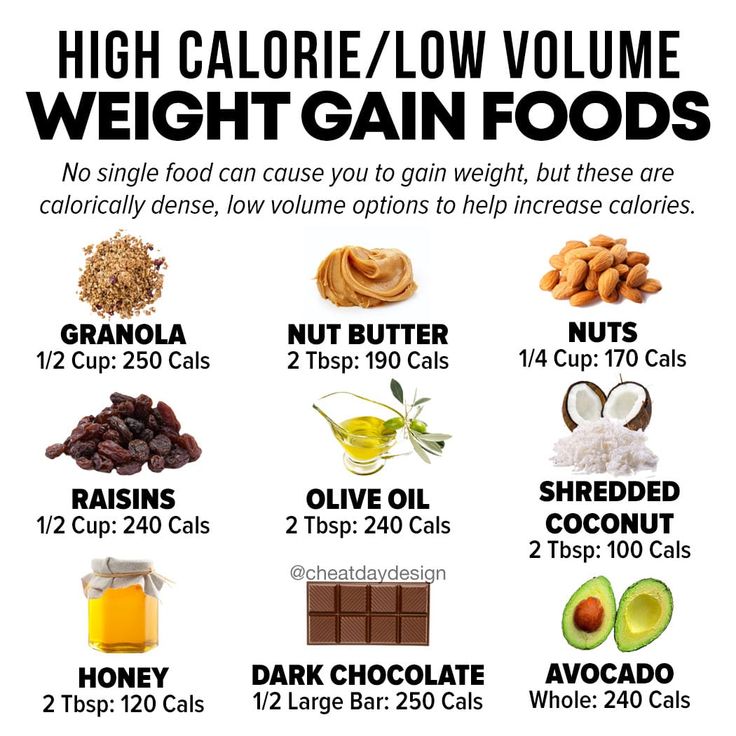
If you notice symptoms like coughing, itchy eyes or rubbing eyes or rashes stop it. Try with a new brand or try with homemade ghee. If your baby or toddler do not like the flavour of ghee, I suggest making ghee at home.
Just add few curry leaves towards the end when you make ghee at home, it adds a good aroma.
Excess usage of ghee may suppress the baby’s appetite, so use only as needed, a mother is the best judge. I followed the following measures for my babies and no cheese or butter was given to them.
If using butter then reduce the proportionate amount of ghee from the below mentioned quantity.
7 months ½ tsp ghee divided among 2 servings – start with only a few drops of melted ghee
8 months ¾ to 1 tsp ghee divided among 2 servings
10 months 1 to 1 ¼ tsp ghee divided among 3 servings
12 months on wards 1 to 1 ½ tsp ghee divided among 3 servings
Some babies may not digest fats in ghee well especially if formula milk, cheese, or butter are already a part of the diet.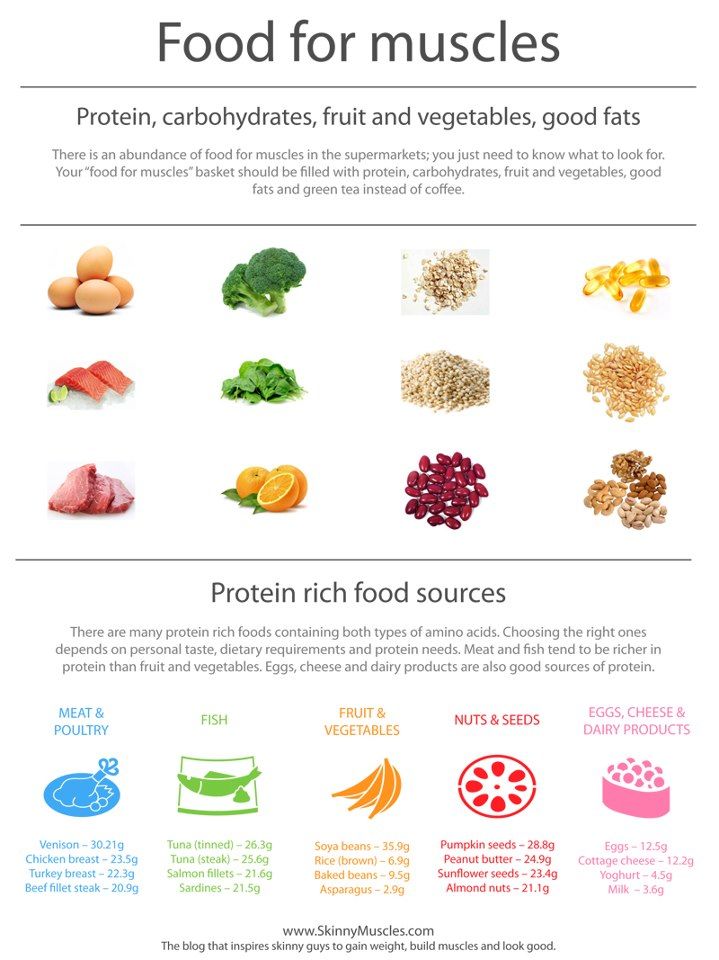 You can try with only half of the above quantity.
You can try with only half of the above quantity.
5. Can i use almonds / badam for my baby?
Experts advice not to introduce nuts to babies until 1 year as they may end up with severe allergies. So i would suggest waiting until your baby turns an year old especially if there is an history of allergy in your family.
However i have used almonds from 8 months for both my babies. Those who would like to try may start with almonds since these are the only kind of nuts that are slightly alkaline (apart from chestnuts).
Alkaline foods help us to keep our body healthy and energetic. Always try using soaked almonds. Soaking also increases the alkaline nature and hence digest well.
Soaking for about 5 to 6 hours also helps to peel the skin. They can be ground with little water and then used to cook baby foods like oats, ragi, rice etc.
6. Physical activity
Allow the baby to crawl freely, do not restrict your babies to prams or rocking chairs. Being physically active helps babies feel hungry in time. They are less fussy and eat or drink well.
Being physically active helps babies feel hungry in time. They are less fussy and eat or drink well.
Burping is very important as it helps to relieve the babies from colic and they tend to drink better. Gently Burp before feeding, in between the feeds, Burp after the feed. Keep the baby in upright position for at least 15 minutes after a feed.
Foods for weight gain in toddlers (above 1 year)
Breakfast menu
Pesarattu with ghee
Idli with ghee (1:2 proportion) – use search box for idli recipe
Soft thick dosa with boiled mashed potato
Chick pea / chana soup
chana dosa (with steamed mashed carrots)
moong dal soup
carrot milkshake
oats uttapam (use carrot for topping, follow method 2)
jowar dosa: you can make uttapam with carrot topping. Jowar makes bones strong and helps to gain good weight.
ragi mudde with rasam or any soup.
paneer paratha – no stuffing, good finger food too for snack in the evening
Boiled egg – boiled eggs have more nutrition than scrambled eggs.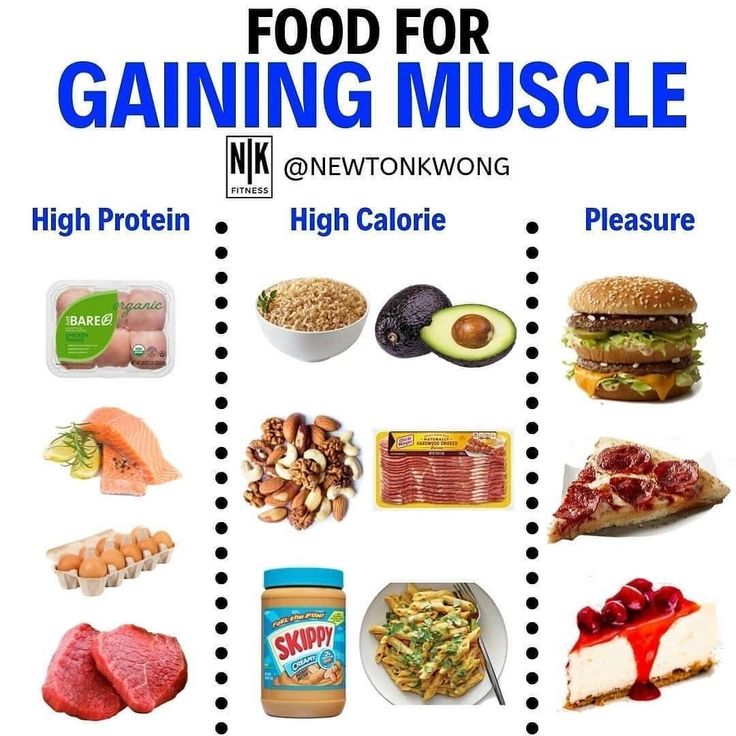 So try serving boiled egg with mild flavorings like pepper, cumin powder, ajwain and salt.
So try serving boiled egg with mild flavorings like pepper, cumin powder, ajwain and salt.
Suggestions from experienced mothers are welcome and highly appreciated to enhance this page.
Disclaimer: Please check with a pediatrician before you follow any of the tips or foods mentioned in this post.
My Heartfelt Thanks to all the Readers who have been consistently sharing with us their personal experiences with their babies, this has helped many new mothers to understand the baby food patterns and other food related issues.
Wishing a Wonderful Motherhood to all the MUMS
Drinkdrinkadmin
Content
- Best products for a healthy weight gain
- 9000 9000
- Dairy products
- residents and oil .
- Carbohydrates
- Fruits and vegetables
- drinks
- Reasons your child might need to gain weight
- When not to worry about your child's growth
- Tips for Healthy Weight Gain
- Don't let kids spill drinks
- Allow food whenever you feel hungry
- Try several small meals a day
- Prevent kids from accumulating empty calories
- Include high-calorie supplements in your daily meals
- Don't limit your exercise
- Visit a nutritionist
- When to talk to your pediatrician
- Bottom line
All children need to gain weight as they grow and mature, but for some children gaining weight can be a real hurdle.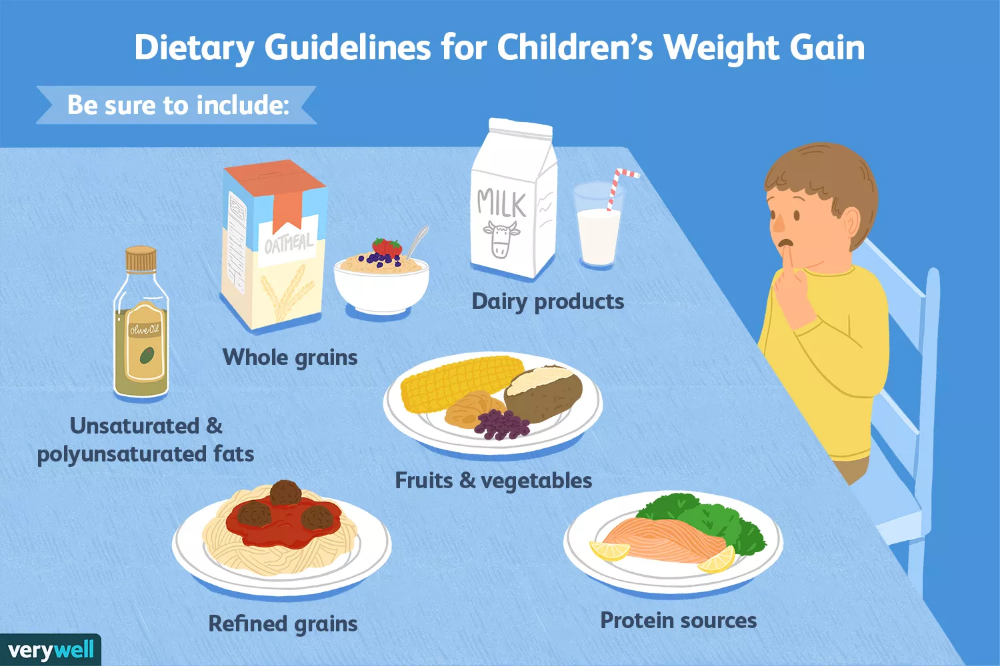 In fact, despite rising rates of childhood overweight and obesity, many children need a little help to put on a few pounds.
In fact, despite rising rates of childhood overweight and obesity, many children need a little help to put on a few pounds.
With the right nutritious foods, you can help your child gain weight in a healthy way. Here's a look at the best nutritional and calorie-dense options to prepare your child's meals and snacks that are both nutritious and promote weight gain.
The Best Foods for Healthy Weight Gain
Consider all food groups when working to move the needle on the scale. It's not just a constant diet of hamburgers and pizza that will make your child gain weight (although that may be their preferred route!). Even some fruits and vegetables contain more calories than you think.
Try any of these:
Protein
- red meat, including ground beef, steak and lamb
- white meat such as chicken and turkey (especially with skin)
- pork sausage, pork chops, bacon, ham and ribs
- fatty fish such as salmon, mackerel, tuna, trout and sardines
- eggs from nuts and seeds, such as cashew butter, almond oil, peanut butter and sunflower oil
- nuts and seeds, including pecans, walnuts, almonds, chia seeds and flax seeds
- soy proteins, such as tofu, tempeh and soy milk
Dairy products
- Full-fat yogurt
- Fat cheese
- whole or 2 percent milk
- in half or cream
- Smay 9002 avocado oil
- rapeseed oil
- oil
- salad dressings
Carbohydrates
- rice
- potatoes and sweet potatoes
- corn
- Dry breakfasts with a high fiber and protein content
- whole -grain bread
- Macarone products
- Swan
- Muslah Batonchiki (look for brushes with low sugar content, for example, 5 grams
Fruits and vegetables
- coconut
- avocado
- figs
- dates
- raisins and other dried fruits such as apricots, cranberries and currants
- bananas
- zucchini and other root vegetables
drinks
Reasons your child might need to gain weight
There are many causes of underweight children, many of which have to do with three little words (which can sound a little scary): failure to thrive.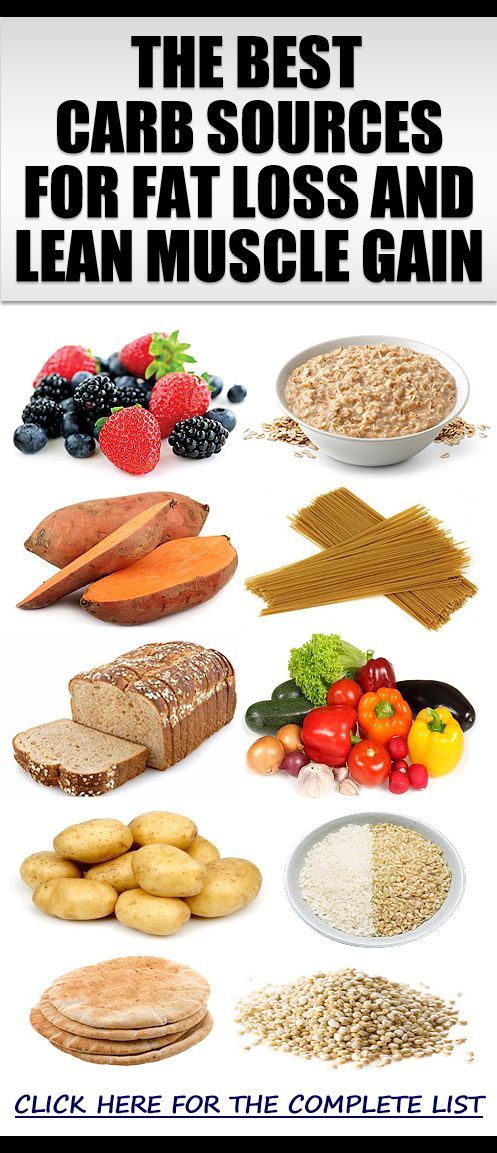
This medical term is not a disease and is not clearly defined, but usually refers to a child's slow growth due to malnutrition.
In infants, developmental delay may occur due to feeding problems such as:
- 0012
- allergy to formula ingredients
- reflux
All of these can lead to stunting.
Children of any age may suffer from developmental delay due to:
- undiagnosed food allergy or intolerance
- illness
- oral problems
- gastrointestinal diseases
- behavioral, developmental or neurological problems Certain are also notorious for interfering with appetite, causing weight loss or weight stabilization in children.
Medications used to treat Attention Deficit Hyperactivity Disorder (ADHD) in children, such as Ritalin, Dexedrine, and Adderall, are particularly known for their appetite-reducing side effect. If you think your child's medications may be affecting his appetite or weight gain, talk to your pediatrician about your concerns. Do not stop taking any medication abruptly.
Do not stop taking any medication abruptly.
Sometimes your child's slow weight gain may be because he or she is not eating enough calories for her age. Active, growing children may need more calories than you think. For example, teenage boys often need the same amount of calories as adults.
For reference - and for your own peace of mind - the Centers for Disease Control and Prevention (CDC) defines "underweight" as being in the bottom fifth percentile of the height chart.
Regardless of the cause of your child's slow weight gain, the good news is that you, as a parent, have a lot of control over one major healing factor: their diet. A nutritious, high-calorie meal plan is the best place to start.
You can also set a good example by modeling healthy eating behavior and making nutritional choices.
When not to worry about your child's growth
When the graph point on your child's growth chart falls short of what you expect, it's only natural to take notice.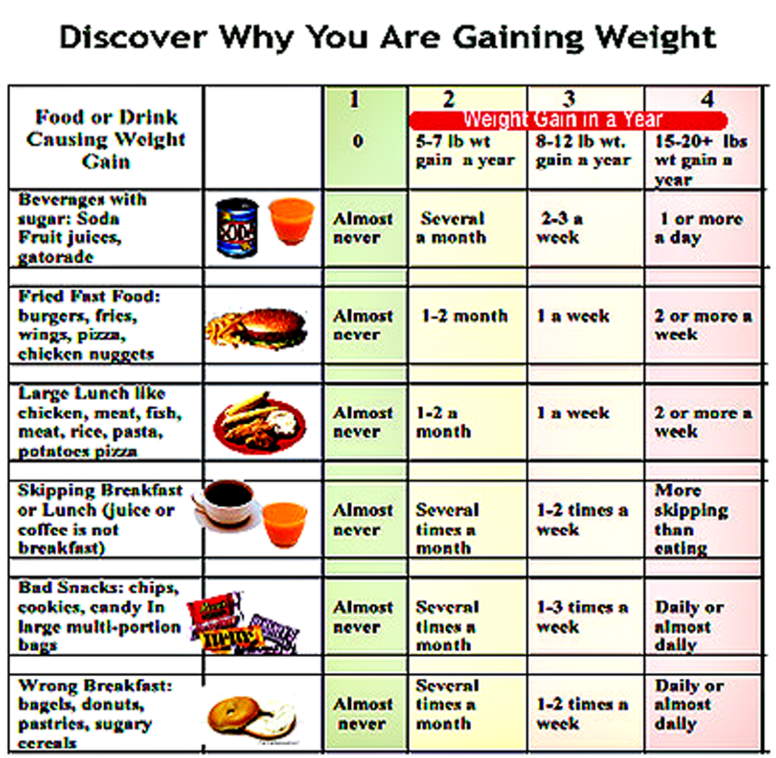 But some deviations in the growth process are normal.
But some deviations in the growth process are normal.
Pediatricians usually look at changes in your child's weight over time rather than a single weigh-in at a child's examination. They can also help focus your efforts at home on helping your child gain weight.
Don't worry if your child skips a meal here or there, or suddenly turns up their nose at certain foods (or, frankly, for toddlers, an entire category of foods).
Children's appetites may be fickle. Give your child time and space, knowing that this may very well be a temporary phase. (But keep offering a wide variety of foods!)
Healthy Weight Gain Tips
Using the foods listed above as building blocks, you'll be on your way to creating meals and snacks that will help your baby fill up. To further increase their healthy weight, try these tips.
Keep children from pouring drinks
Hydration is certainly important for children from infancy to adolescence. But sometimes too much liquid can compete with food for space in your baby's tummy.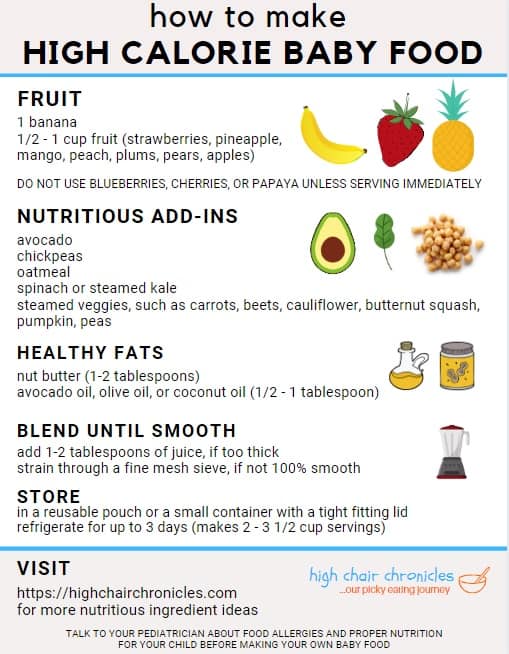 To stimulate your appetite, try offering food before drinks during meals. Also, avoid sugary drinks like sodas and fruit juices.
To stimulate your appetite, try offering food before drinks during meals. Also, avoid sugary drinks like sodas and fruit juices.
Eat whenever you feel hungry
Of course, for most of us, eating doesn't have to be an all-day entertainment. However, for children who are struggling to gain weight, allowing them to eat at any time of the day may be a perfectly acceptable approach.
Consider skipping pre-set meal times and snacks that you think are "normal" or "correct" and simply encourage your child to eat when he is hungry.
Try a few small meals a day
Here's another strategy that goes hand in hand with the "eating is always okay" model.
Instead of sticking to a rigid breakfast, lunch and dinner schedule, feel free to play with the frequency of your meals and snacks. Your child can consume more calories with six to eight small meals a day than with three meals a day.
Prevent children from accumulating empty calories
Foods such as sodas, potato chips, and fast food can lead to weight gain, but since these foods tend to be low in nutrients, they will not benefit your health. child. Choose more nutritious, whole foods as often as possible.
child. Choose more nutritious, whole foods as often as possible.
Include high-calorie supplements in your daily meals
We don't like the practice of hiding healthy foods in "kid-friendly" packages (watch you hidden veggie cookie), but adding high-calorie supplements to your daily meals is a different story.
For example, nut butter, avocado, coconut milk, and other high-calorie ingredients can be easily added to smoothies to add volume.
And when your child needs to gain weight, there's nothing wrong with using buttermilk in pancakes, sour cream in baked potatoes, or extra cheese in pasta or casseroles.
Don't limit exercise
Because weight gain is essentially an equation of calories in and out, it can be tempting to tell an underweight child not to be too active. But children need plenty of daily exercise. Unless recommended by a doctor, it is best not to limit their activity.
Visit a nutritionist
Putting everything together to help your child gain weight can be tricky. You don't have to go alone!
You don't have to go alone!
Seeking help from a nutritionist, especially a pediatrician, can make a huge difference. With expertise in baby nutrition, a pediatric dietitian can help you make the best choices for your child's diet.
When to talk to your pediatrician
You should never be embarrassed to ask your pediatrician a question, even if it seems silly. (Seriously, they heard it.)
If you are concerned that your child is not gaining weight properly, or if he seems to be regressing in his growth chart progress, do not be afraid to voice your concerns to your pediatrician.
Also, if you feel that your child looks "thin", has little energy, or has experienced behavioral changes or sudden weight loss, don't be shy. All of these are good reasons for further investigation.
Make sure you complete all recommended checkups for your baby to adequately monitor your baby's weight progression.
It is also definitely worth seeking professional help if your child refuses to eat for a long time, eg more than 24-48 hours, especially if you cannot identify the underlying cause, such as an illness.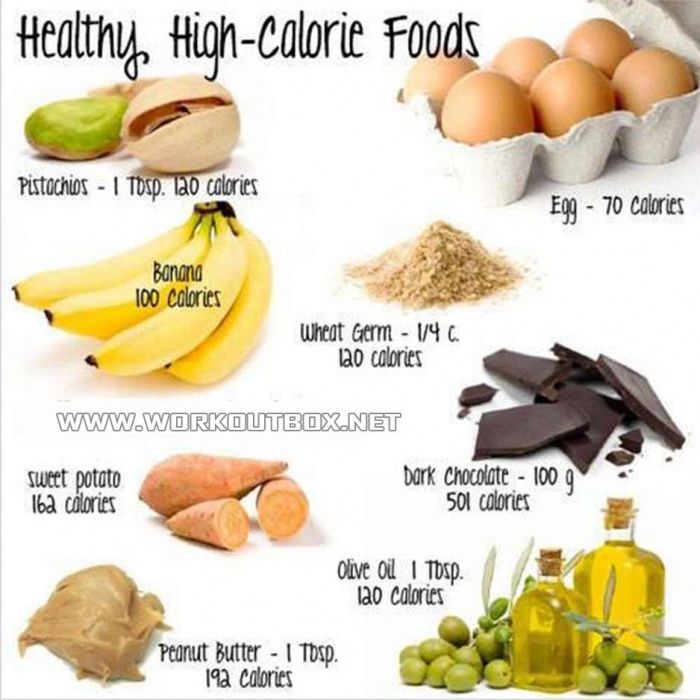
Because medications can interfere with healthy weight gain, be sure to talk to your pediatrician about the effects of any new medications.
Bottom line
As much as we in the adult world think of weight loss as a good thing, it doesn't necessarily apply to our children. A significant number of children actually need help gaining weight.
Get creative with the foods and suggestions above to complete your child's weight gain diet in a healthy way.
Healthwhat high-calorie and healthy foods to use for weight gain?
Valeria Leshchenko
Often children have no appetite, it's not worth forcing, but reconsider the diet. Read more about products for weight gain.
Let's start with the fact that sometimes parents can not correctly estimate the weight of the child.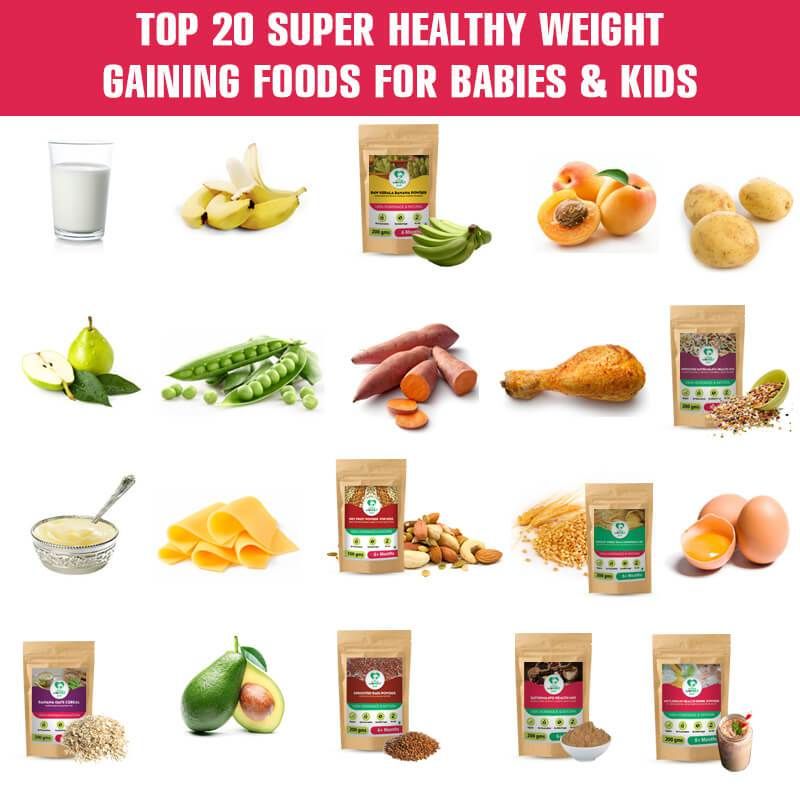 For parents, the child is always hungry, undernourished, and has poor weight gain. In this case, only a doctor can make a diagnosis, so you first need to make an appointment, and then just do something.
For parents, the child is always hungry, undernourished, and has poor weight gain. In this case, only a doctor can make a diagnosis, so you first need to make an appointment, and then just do something.
If a child's weight does not correspond to age (and other parameters), only in this case it is worth reviewing the diet of the whole family. Why all? Because parents are an example and support for the child.
Products for weight gain for children
Banana
100 g of bananas contain approximately 90 kcal (1 banana - approximately 180-200 kcal), as well as potassium, which is necessary for the normal functioning of the cardiovascular system and magnesium for mood (nervous system) ). Bananas are fast energizing, so you can easily take them with you as a snack, for example, to the playground, if you go on a picnic, to the hospital, etc. But bananas are best consumed in the morning.
Ghee (clarified)
Ghee is made from quality butter.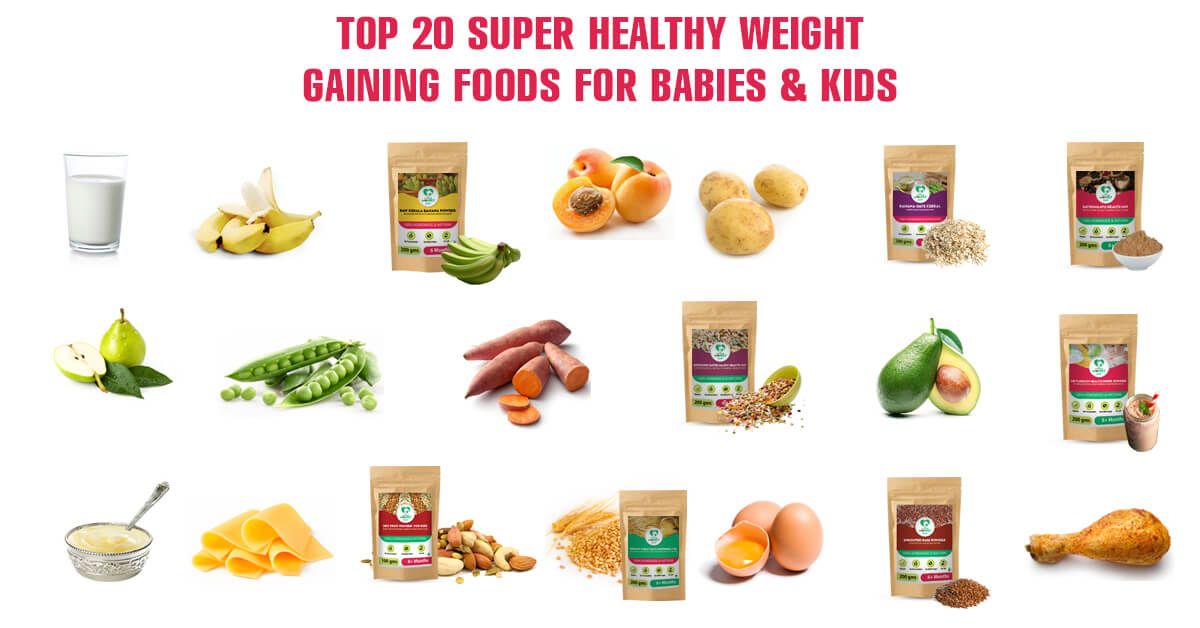 You can buy a ready-made version or cook at home. 100 g contains approximately 600 kcal, as well as vitamin E and A. In addition, it does not burn. If you cook on it.
You can buy a ready-made version or cook at home. 100 g contains approximately 600 kcal, as well as vitamin E and A. In addition, it does not burn. If you cook on it.
So, to prepare a homemade version of ghee, you need to take butter with at least 82% fat content, cut it into pieces and send it to the pan. Over low heat, the butter will first melt, then foam, and then begin to turn from yellow to amber. When the oil becomes a brownish hue, sediment can be seen at the bottom - impurities that were added to the product during its production. Now you need to pour the oil into a jar, but without sediment.
Natural yoghurt
Free of additives and sugar. Natural yogurt is rich in calcium and also has the right ratio of fat and calories to help your baby gain weight. However, as additives, you can use fresh fruits and berries, which are already available on the shelves of supermarkets and bazaars.
Potatoes
Of course, not chips and not fried.